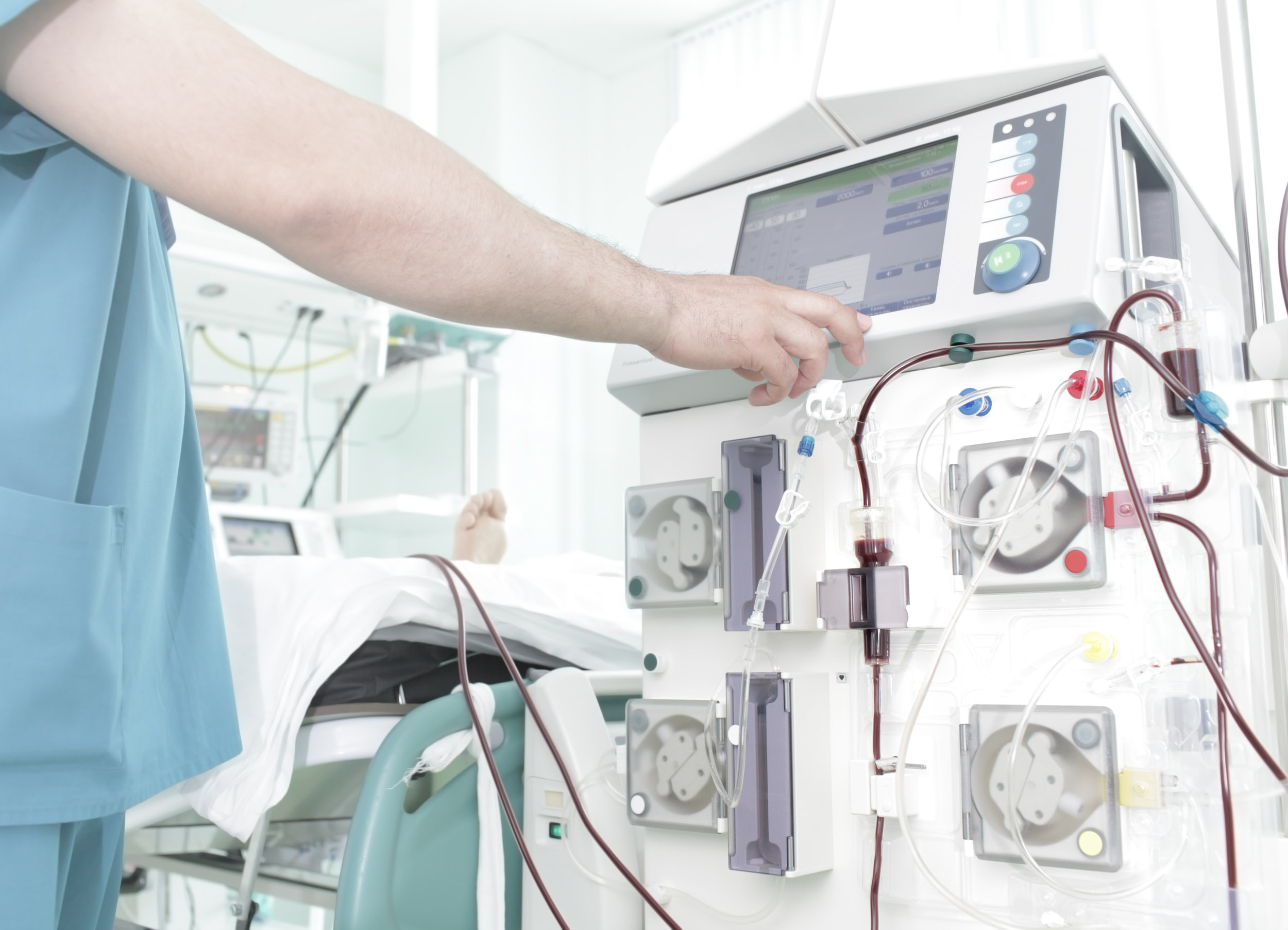
A groundbreaking study proves it: targeted movement during dialysis improves fitness and cuts hospital stays. Learn how intradialytic training can enhance therapy outcomes – and how your practice might benefit too.

The Dialysis Training Therapy (DiaTT) trial, published in June 2023 in the renowned New England Journal of Medicine – Evidence, included an impressive participant group of about 1,000 patients from 21 dialysis centres in Germany. The trial by a consortium of the Technical University of Munich (TUM) led by Martin Halle is currently the world’s most comprehensive investigation of exercise training during dialysis in humans with specific kidney disease.
After one year, the participants’ state of health had improved significantly. Among other things, they were able to get up from a sitting position more often within one minute than at the beginning of the trial and to walk longer distances within six minutes. In the control group, these values were even lower at the end than at the beginning.
“At first, such standardised tests do not seem very close to everyday life,” Martin Halle explains in a TUM press release. “But, in fact, the results show a gain in quality of life and self-determination. For example, those affected are able to get up from an armchair at home without assistance, which wasn’t always the case previously.” Another sign of the positive effects of the training is that the number of days spent in hospital within the trial period by participants who undertook regular training was only half that of the control group – two days on average compared to five.
As Martin Halle stated in a TUM press release, “For me, the findings are clear.” “With comparatively little effort, we can improve the health of those affected and also reduce costs for the healthcare system.” According to the researchers’ calculations, the cost of individualised training would be around 25 euros per training session and person.
This landmark study provides promising insights into how exercise during dialysis can improve the well-being and health of patients with kidney disease. The findings suggest that supervised training during dialysis is a useful adjunct to medical care and can help to reduce hospital stays and improve the quality of life of those affected.
Given these promising results, the researchers recommend that training during dialysis should be implemented as standard. The opportunity to be physically active during treatment could have a significant impact on the health and quality of life of patients and reduce the burden on the healthcare system in the long term.
Further investigations will certainly be needed in the future. Particularly with regard to understanding the long-term impact of this approach. In the coming years, the trial participants will be followed up in order to learn more about the effects of long-term training.


- https://www.tum.de/aktuelles/alle-meldungen/pressemitteilungen/details/gesuender-durch-training-waehrend-der-dialyse
Related contents
Find related exciting contents in our media library.
Meet our specialists.
Are you interested in our solutions? Schedule a meeting with a Consultant to talk through your strategy and understand how TEHRA-Trainer can help you to advance rehabilitation.
You need to load content from reCAPTCHA to submit the form. Please note that doing so will share data with third-party providers.
More InformationYou are currently viewing a placeholder content from Turnstile. To access the actual content, click the button below. Please note that doing so will share data with third-party providers.
More Information